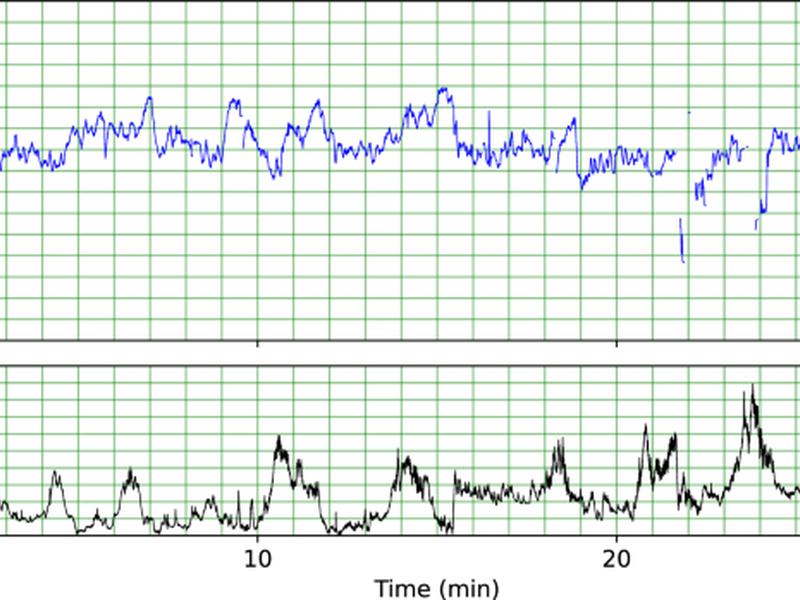This article discusses a novel deep learning model coupled with a decision tree-based evaluation approach to detect fetal compromise in evolving fetal heart rate (FHR) recordings. The model shows potential to rapidly detect fetal compromise while maintaining comparable classification performance to state-of-the-art techniques, highlighting its potential to improve clinical outcomes. The study uses the publicly available CTU-UHB Intrapartum Cardiotocography Database and focuses on the last 60 minutes of FHR recordings.

